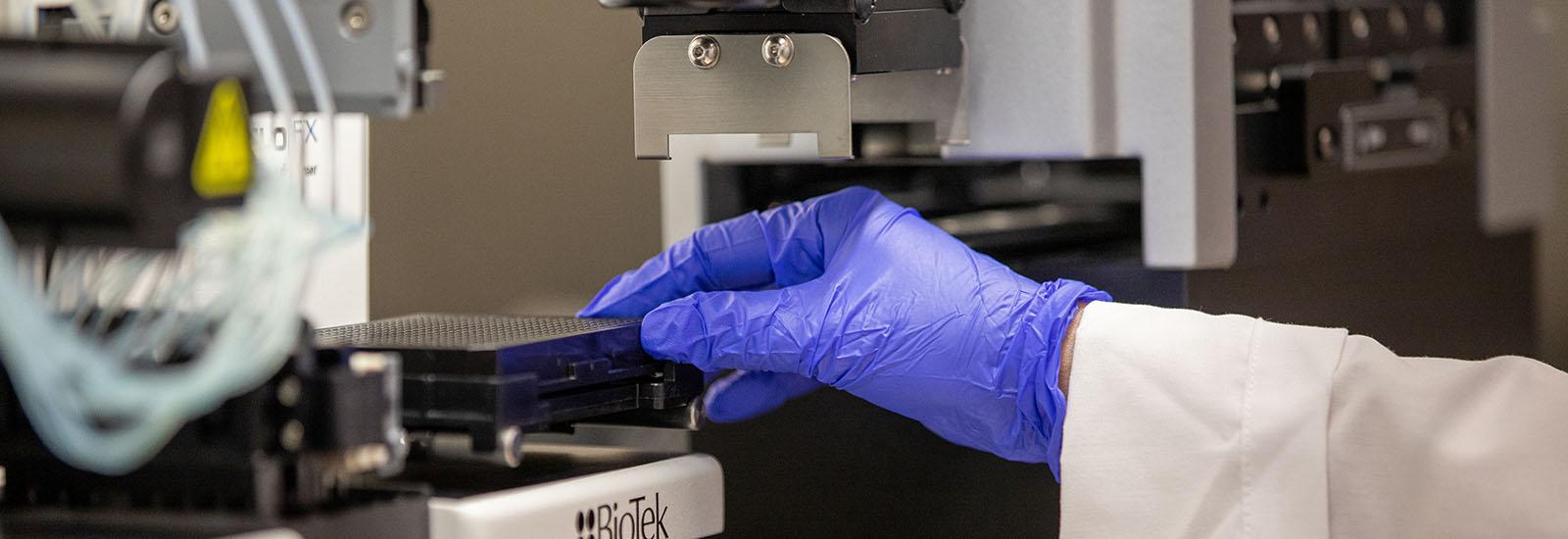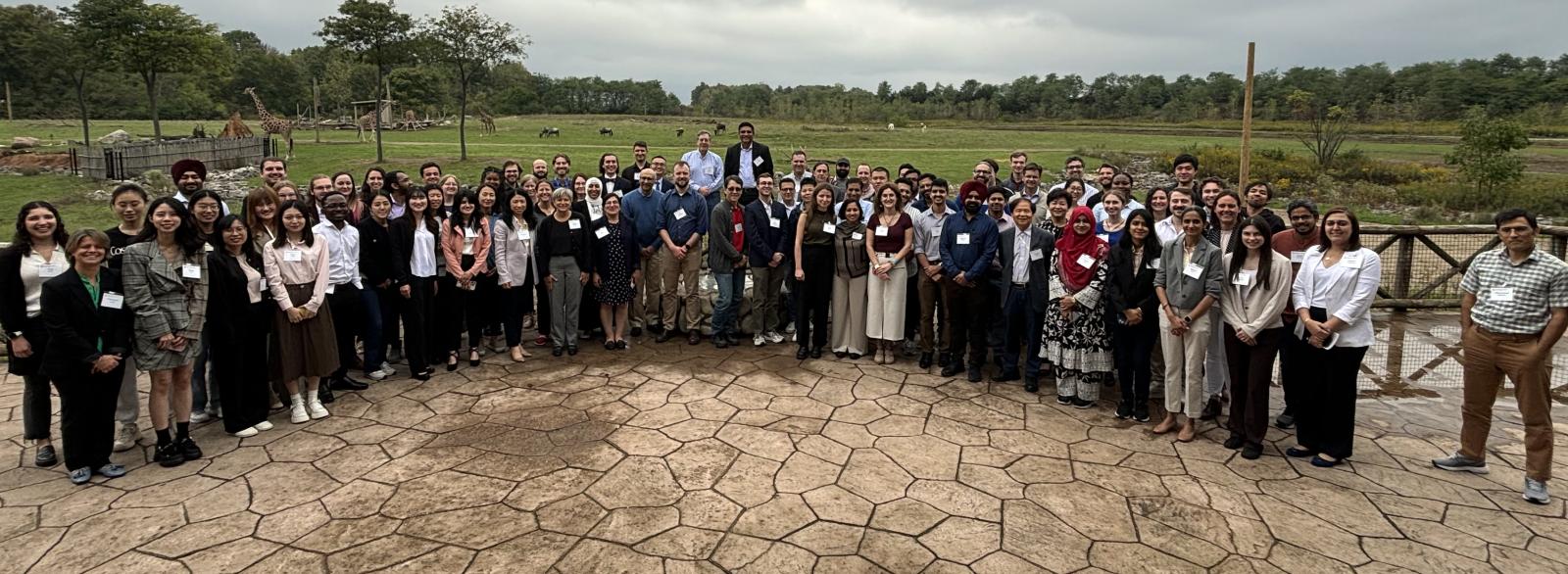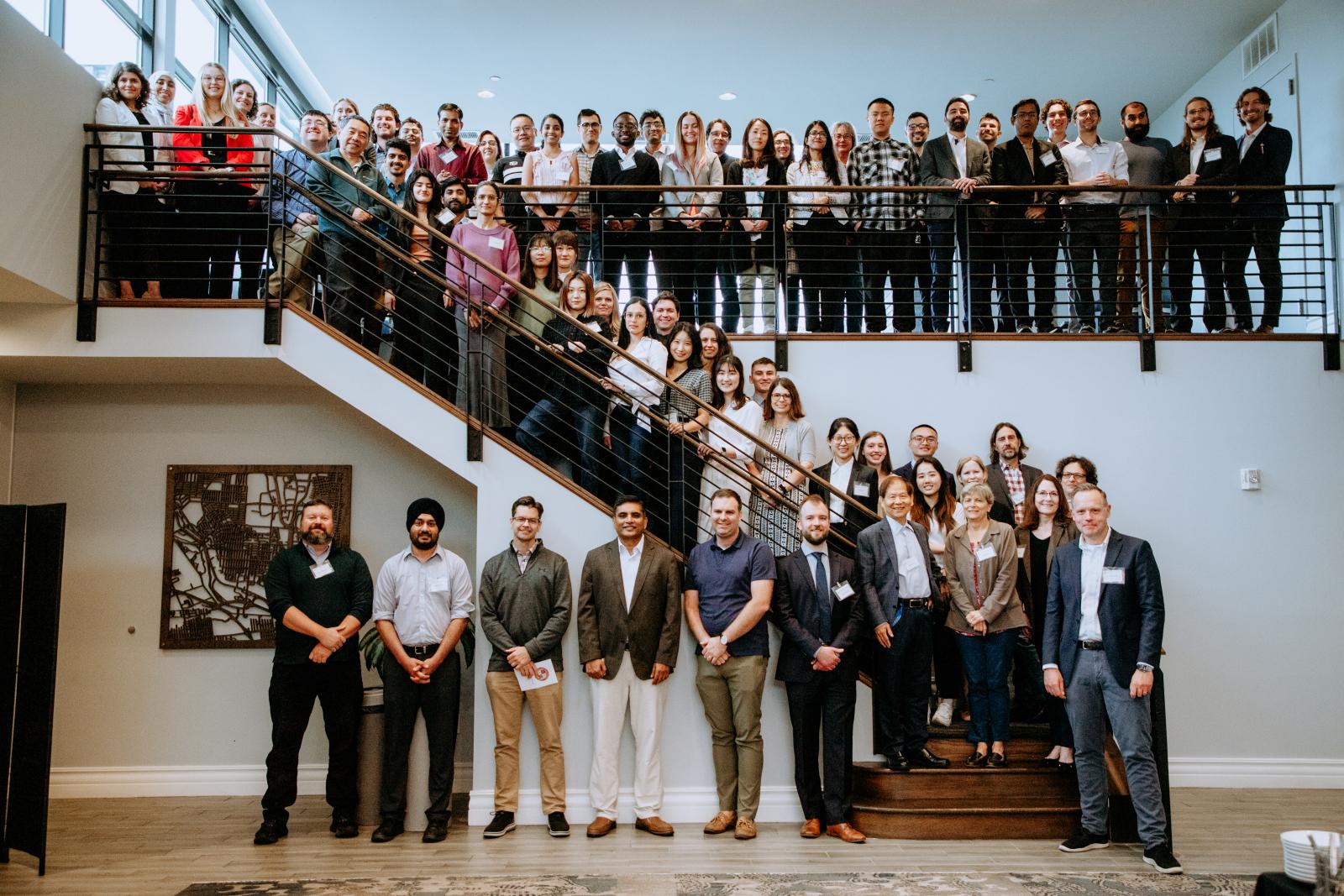Sharyn Baker, PharmD, PhD
Gertrude Parker Heer Chair in Cancer Research



The discovery of anti-cancer drug targets, identification/circumvention of drug resistance mechanisms, and the optimization of drug delivery and disposition are major areas of focus for the division. Our anti-cancer therapeutics research leverages our expertise in novel drug delivery systems, drug transport and membrane trafficking, basic/translational/clinical pharmacology, pharmacogenomics and pharmacometrics to improve outcomes for cancer patients.
Preclinical studies of mechanisms of cell death and strategies to enhance cell survival are under active investigation in the division. This knowledge will contribute to the development of therapies to reduce inflammatory and degenerative processes in patients with neurologic, cardiovascular and renal diseases.
There is a need for improved delivery strategies of toxic therapeutics, newly developed biologics, and cell and gene therapies to the target site(s) in the body and prevent interactions with healthy tissues. Our research spans expertise in pharmaceutical chemistry, bioengineering, and RNA nanotechnology to develop future on-target medicines to improve human disease treatment.
Understanding the mechanisms underlying the unwanted and adverse effects of drug therapies is a major area of investigation in the division. Knowledge of how drugs enter normal cells and exert toxic effects will help the design of strategies to mitigate this damage and improve patient health. Drug-drug interactions (DDIs) also contribute to adverse drug reactions in patients. Identification of mechanisms underlying DDIs is another area of investigation. Drug transporter and pharmacology principles are integral to this research theme.

Rajgopal Govindarajan, DVM, PhD
Professor and Chair of the Division of Pharmaceutics & Pharmacology
Administrative Assistant: Kristian Easter, easter.23@osu.edu
Gertrude Parker Heer Chair in Cancer Research

Research Assistant Professor

Professor

Associate Professor

Associate Professor

Assistant Professor

Chair of the Division of Pharmaceutics and Pharmacology

Professor

Professor

Assistant Professor

Associate Professor

Associate Professor

Professor of Medicine (Internal Medicine) & Pharmaceutics and Pharmacology


Assistant Professor

Dean

Associate Professor

Professor

Director MS Translational Pharmacology Program

Associate Professor

Research Associate Professor

Professor

Associate Professor

Professor

